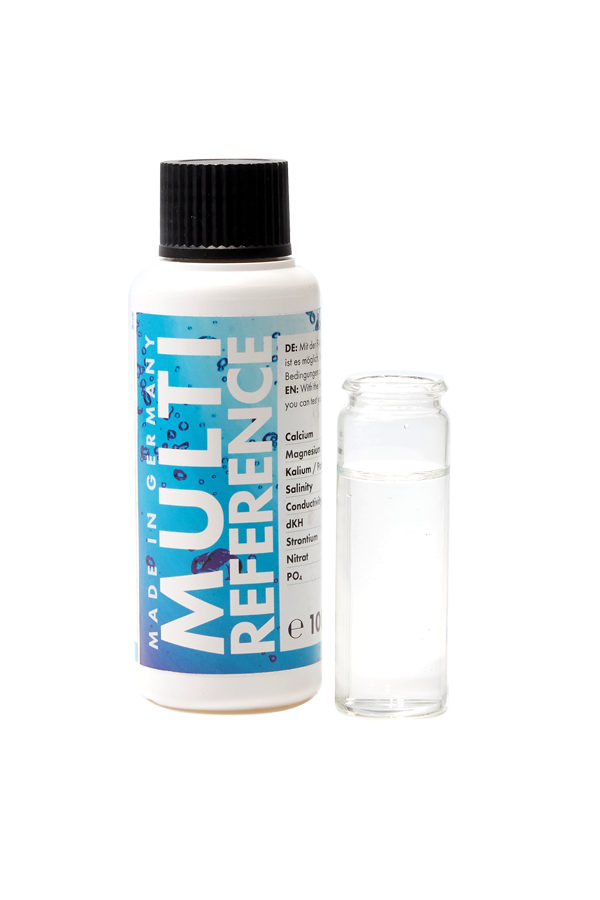I have noticed something about my trident and wanted to know if others have also ….
When I am calibrating the Trident, it goes through a bunch of steps. One of those is to display an 'interim' set of measurements on the Trident tile in fusion. So, for example, my current calibration solution is 8.1/415/1340; the 'interim' measurements (different than the last normal Trident test run) are 8.25/447/1370. Once the calibration is complete, the tile then displays the reset values from the solution bottle (as expected). So what are the 'interim' values? My assumption is that they are the current test results from the Trident from the calibration solution which then get adjusted to the calibration solution values. In this case, the Trident was reading 0.15 too high for ALK, 32 for Ca ….. etc. Maybe everybody already knew this …..
…..
When I am calibrating the Trident, it goes through a bunch of steps. One of those is to display an 'interim' set of measurements on the Trident tile in fusion. So, for example, my current calibration solution is 8.1/415/1340; the 'interim' measurements (different than the last normal Trident test run) are 8.25/447/1370. Once the calibration is complete, the tile then displays the reset values from the solution bottle (as expected). So what are the 'interim' values? My assumption is that they are the current test results from the Trident from the calibration solution which then get adjusted to the calibration solution values. In this case, the Trident was reading 0.15 too high for ALK, 32 for Ca ….. etc. Maybe everybody already knew this










